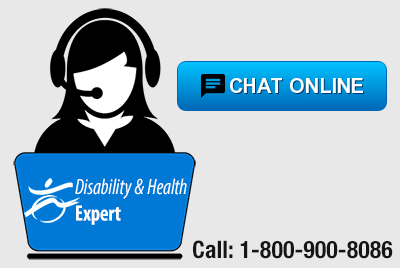For many, the beginning of a new year is a time to reflect on the past and choose a direction for the future. Regardless of age, a new year can be an opportunity to move toward optimal health by engaging in activities that not only increase fitness and help to achieve and maintain healthy weight, but also enhance daily living.
Optimal health is a unique combination of physical, emotional and mental health that each one of us can realistically achieve to feel our personal best. One person may focus on an aspect more than another, and the focus may change with a change in health status or daily schedule. If attaining optimal physical health is one of your goals, the following tips can help you enjoy all of the benefits of a physical fitness plan.
Talk with your doctor. Even if you have chronic health conditions or changes to your health, your doctor will likely agree that the right type of physical activity can make and keep your body stronger and more agile. Make sure you understand any and all conditions and/or medications that may have an effect on exercise choices.
Set goals. What is most important to your physical health: weight, strength, balance or energy? Think of activities you’ve done in the past that you enjoyed or activities you’ve wanted to try. Be realistic. Research indicates that setting small, realistic goals is more likely to develop an exercise habit that lasts. I like to quote a gentleman that once told me when he asked his doctor how long he would have to keep exercising after a heart attack, his doctor responded by saying, “How long do you want to live?” Exercise can’t cure all, yet most people that stay active do tend to feel better than their sedentary peers.
Develop a plan. Find a fitness professional/personal trainer that is certified and trained to review your health and exercise history, any physician recommendations and your goals. He/she will be able to offer choices that work for you. Beware of anyone that suggests there is one plan that fits all or offers a magical fix. If it seems too good to be true, it probably is. If working out on your own better suits your circumstances do some research and find activities that meet your needs. There are many exercise ideas right here on NCHPAD’s website that are designed to be safe, effective, and adaptable for many skill and fitness levels.
Write it down. Once you have made choices, put the pen to paper. Schedule your exercise session in your calendar. Track your activity and make notes about how much you did and how you felt not only during and immediately after exercise, but the day after. If you are sore and exhausted, you did too much and should cut back a little next time. If you felt as if you did too little, you may want to ramp it up a little next time. The most important thing is how your body is responding, not how it compares to anyone else.
Track progress and reward yourself. Do something lovely for yourself and celebrate when you stick to your plan. You may lose the weight, decrease your blood pressure and cholesterol and be able to decrease some of your medications (with your doc’s guidance, of course). But don’t forget the more intrinsic rewards like sleeping better, feeling more confident, having a better mood and just plain feeling better. Try to keep the reward healthy – how about a manicure, a new outfit, a pedometer to keep track of your activity, or that trip you didn’t quite feel up to before. Tell your friends and kids how proud you are and how good you feel!
There may be glitches. Sometimes life just interferes with the best plans. If you have to miss exercise for unforeseen circumstances, don’t give up. Get back to it when you can and how you can. It’s not an all or nothing deal.
Most of all, enjoy it. Physical activity should not be miserable, ever! There are too many choices out there to keep doing something you dislike.
So: what is your first activity of the new year going to be?

